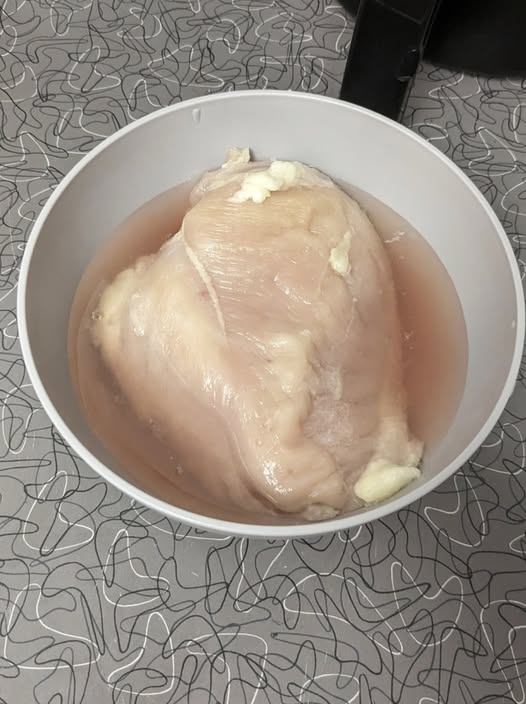We’ve all faced this scenario: you’re craving a late-night snack and recall the delicious chicken or beef you prepared earlier, only to realize it’s been sitting out on the kitchen counter since dinner. The pressing question arises: is it safe to eat, or are you risking a bout of food poisoning?
Understanding the “Danger Zone”
In food safety, the “danger zone” refers to temperatures between 40°F (4°C) and 140°F (60°C), a range where bacteria can rapidly multiply. Leaving cooked meat within this temperature bracket for extended periods can lead to significant bacterial growth, increasing the risk of foodborne illnesses.

The Risks with Chicken
Chicken is particularly susceptible to bacteria like Salmonella and Campylobacter. If cooked chicken is left out at room temperature for more than two hours, it becomes a breeding ground for these pathogens. Consuming such chicken can result in severe gastrointestinal issues, including nausea, vomiting, and diarrhea
Beef: A Slightly Different Scenario
While beef isn’t as prone to rapid bacterial growth as chicken, it’s not immune. Cooked beef left out overnight can still harbor harmful bacteria. The USDA advises that perishable foods, including cooked beef, shouldn’t be left at room temperature for more than two hours.
Trusting Your Senses Isn’t Foolproof
Relying solely on sight, smell, or taste to determine the safety of food is risky. Some bacteria don’t produce noticeable changes but can still cause illness. Therefore, even if your meat appears and smells fine, it might not be safe to consume.
The Two-Hour Rule
A general guideline is that perishable foods shouldn’t remain at room temperature for more than two hours. In environments above 90°F (32°C), this window shortens to one hour. Beyond these time frames, the risk of bacterial growth increases significantly.
Reheating Doesn’t Guarantee Safety
It’s a common misconception that reheating food will eliminate all bacteria. While reheating can kill some bacteria, certain toxins produced by these organisms are heat-resistant. This means that even after reheating, the food can still be harmful.
Preventative Measures
To avoid such dilemmas:
-
Prompt Refrigeration: After cooking, allow your meat to cool slightly, then refrigerate it within two hours.
-
Airtight Storage: Use airtight containers to store leftovers, minimizing exposure to bacteria and maintaining freshness.
-
Labeling: Clearly label stored food with dates to keep track of how long items have been in the fridge.
-
Regular Cleaning: Ensure your refrigerator is clean and maintains a temperature below 40°F (4°C) to inhibit bacterial growth.
Conclusion
While it might be tempting to consume that leftover chicken or beef left out overnight, it’s not worth the risk. The potential for foodborne illness is high, and symptoms can be severe. Adhering to proper food safety practices, like the two-hour rule and prompt refrigeration, is essential. When in doubt, it’s safer to discard questionable food than to risk your health.
Remember, everyone makes mistakes in the kitchen, but taking precautions can prevent unnecessary health issues. Prioritize food safety to ensure your meals are both delicious and safe.





